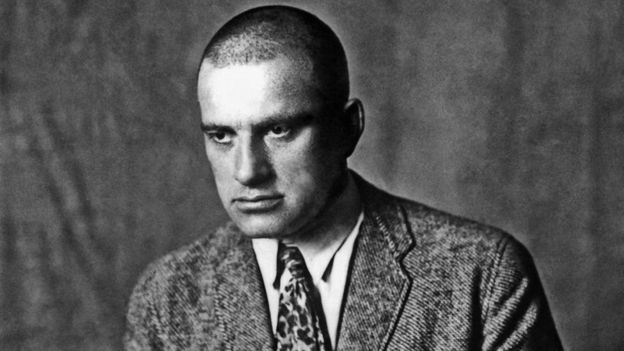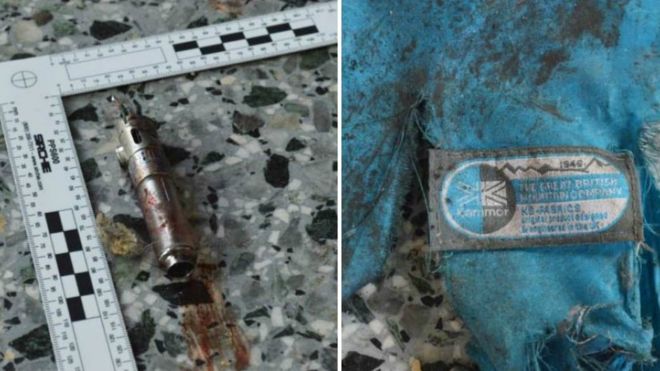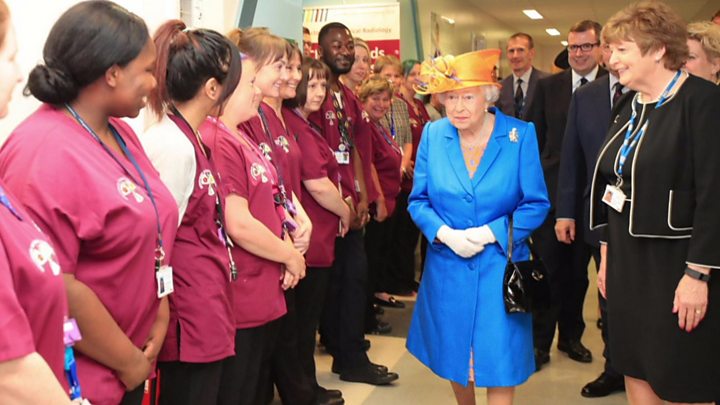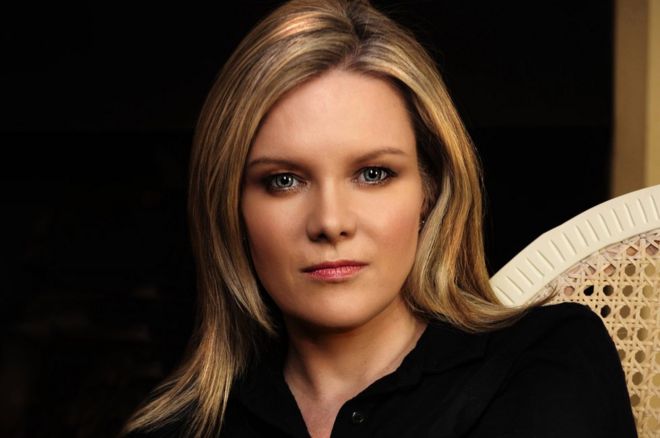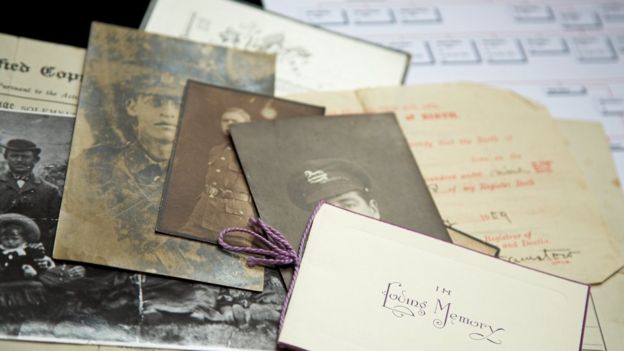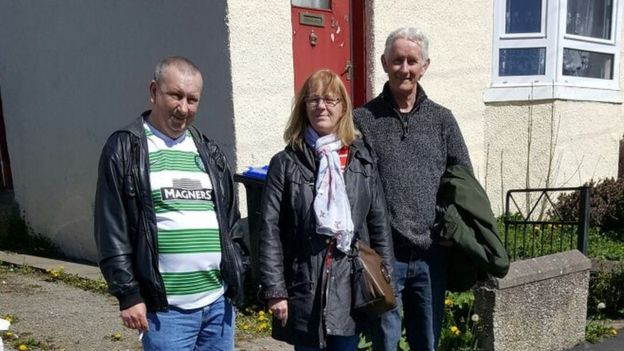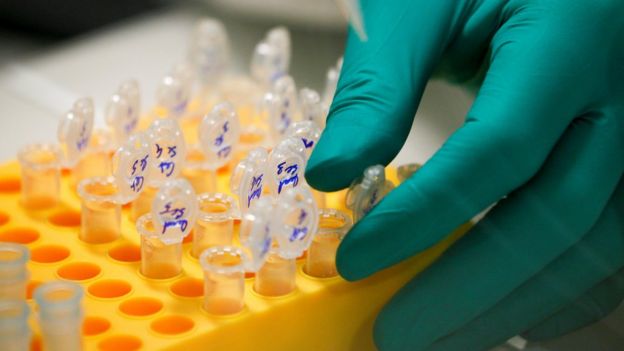The sex slaves of al-Shabab
When Salama Ali started investigating the disappearance of two younger brothers last year she made an awful discovery - not only were radicalised young Kenyan men leaving to join the al-Shabab militants in neighbouring Somalia, but women were being seized and trafficked by the group as sex slaves.
Salama's search for information about her brothers had to be carried out quietly and confidentially, as any hint of a connection with the al-Qaeda-linked al-Shabab can arouse the suspicion of the security forces.
So she met discreetly with other women in Mombasa and the surrounding area, sharing stories and seeking information about male relatives who had vanished.
"We discovered there were lots of us," Salama says.
But Salama also uncovered something very different - stories of women who had been taken to Somalia against their will.
The women were both young and old, from Christian and Muslim communities, from Mombasa and other parts of Kenya's coastal region. They were usually promised high-paid work in another town or abroad, and then kidnapped.
Last September Salama trained as a counsellor and set up a secret support group for returning women. Word spread and soon women began seeking her out and asking to join the group.
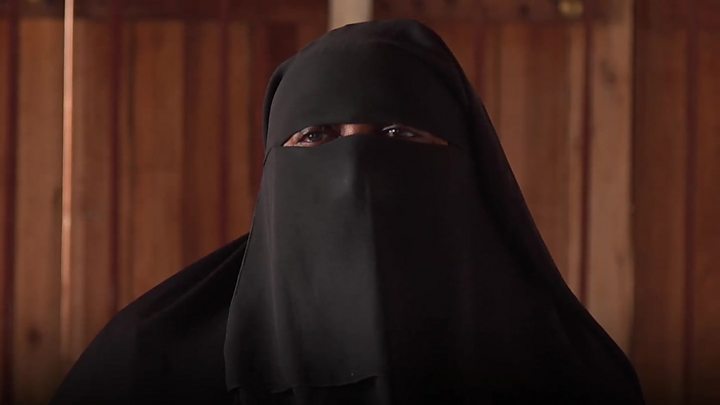
"Men used to come and have sex with me - I can't tell you the number," says one, shaking her head as she recounts her ordeal. "For those three years, every man was coming to sleep with me."
"They'd bring two or three men for each woman every night," says another. "We would be raped repeatedly."
Some women were forced to become the "wives" of al-Shabab militants, it appears, while others were held as slaves in a brothel.
Find out more
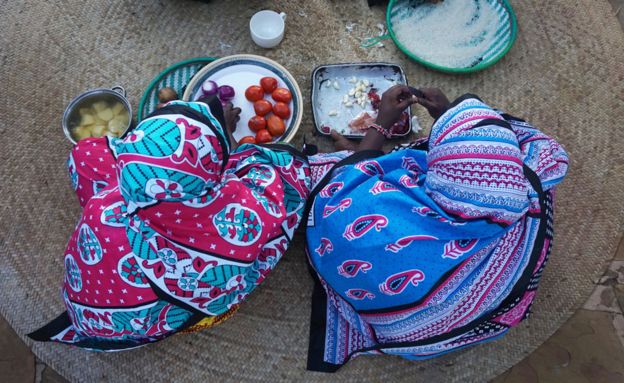
- In the UK you can watch the Sex Slaves of al-Shabab on Our World, on the BBC News Channel at 21:30 on Sunday 28 May, or on the BBC iPlayer (UK only)
- Viewers overseas can watch it on BBC World News - click here for transmission times
- On radio the programme can be heard on Assignment, on the BBC World Service, from Thursday 25 May - click here for transmission times
Al-Shabab is fighting to create a fundamentalist Islamic state in Somalia and has launched attacks on neighbouring countries, which have all sent troops to fight them as part of an African Union force.
Kenya has borne the brunt of al-Shabab's counter-attacks, and the Kenyan army is hunting fighters in the thick Boni Forest that straddles the border with Somalia.
Flying over it, you can see lines cut through it - narrow pathways that militants apparently use for transport. The BBC has spoken to more than 20 women and all talk of being held in a thick forest or transported through it. This is most likely to be Boni.One new member of Salama's group, Faith, has only recently escaped captivity.
She was 16 when she was approached by an elderly couple and offered a job in Malindi, further up the coast. Desperate for work, the next day she boarded a bus with 14 other passengers and all were given drugged water to drink."When we regained consciousness, there were two men inside the room," Faith says. "They blindfolded us with black scarves. They raped us in that room."
Drugged again, Faith woke up in a small clearing in a dark forest and was told she would be killed if she tried to escape.
Terrified, she spent the next three years alone cooking for a group of Somali men "with long long beards".
She had also become pregnant, as a result of being raped, and had to deliver her own child alone in the forest.
"My grandmother was a traditional midwife, so I had a little bit of knowledge," she says. "Everything I was doing in that forest was alone, so I just had to get out this baby alone."
Faith finally managed to escape with her daughter when a traditional healer foraging for medicinal roots in the forest came across her and showed her the way out. Her child, who grew up naked in the forest, now finds it hard to adapt to city life and struggles to fall asleep at night unless she is outside in her mother's arms.
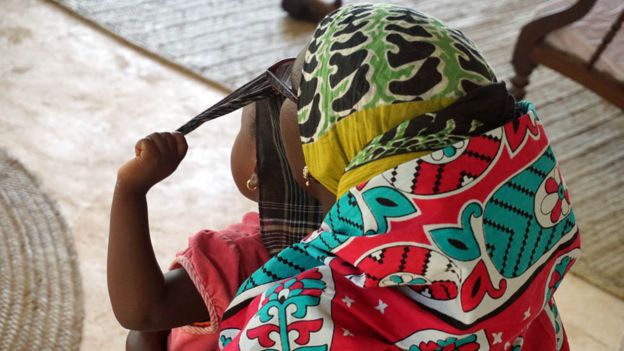
She grew accustomed to "living like we were animals in the forest", Faith says.
A number of the women who spoke to the BBC had given birth in captivity.
Sarah, the wife of a former al-Shabab fighter, says this is no coincidence. There is an organised programme to breed the next generation of fighters, she says, as it's hard to recruit people to live in camps in Somalia, and children are easy to indoctrinate.
"In my camp, there [were] women who are sent to come and recruit other women," Sarah says. "They want to multiply so they just want women to give birth."
Most of the 300 women in her camp were Kenyan, she says.
Salama also provides support to those who have lost family members, including Elizabeth, who last saw her sister two years ago, before she left for what she thought was a job in Saudi Arabia.
A month later, she called.
"She told us she was in a dangerous and bad place in Somalia, in an al-Shabab camp," says Elizabeth. The line broke - and her sister has not been heard from since.
The Kenyan government acknowledges there is a problem but Evans Achoki, the county commissioner in Mombasa, says it's hard to judge the scale of it, because the women won't come forward.
While there is an amnesty programme for fighters returning from Somalia, and some have been rehabilitated, there are also reports of men who have suddenly disappeared, or been shot dead.
"People fear the government," says Sureya Hersi of Sisters Without Borders, a network of Kenyan organisations working to counter radical extremism in Kenya's coastal region.
"Those who went there willingly and unwillingly are both looked at as guilty."
The names of all women in this story have been changed for their security
SOURCE :- BBC




